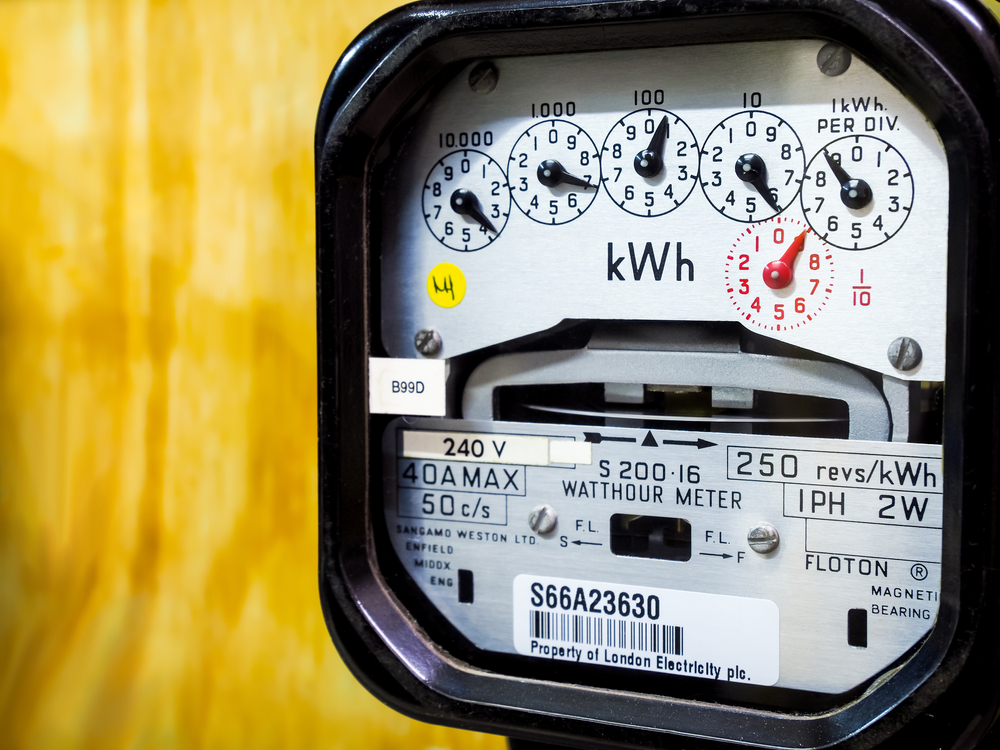Reducing Business Electricity Costs: Effective Tips and Strategies
Business electricity usage is a significant expense for many companies, impacting both operational costs and environmental footprint. As energy prices continue to fluctuate, finding ways to reduce office energy consumption has become a top priority for business owners and facility managers. This article explores practical commercial electricity tips and strategies to help businesses optimize their energy use, cut costs, and improve sustainability.

How does business electricity usage impact overall costs?
Business electricity usage directly affects a company’s bottom line. Energy costs can account for a substantial portion of operational expenses, particularly for businesses with high power requirements such as manufacturing facilities, data centers, or large office complexes. By understanding and managing electricity consumption, companies can significantly reduce their overhead costs, potentially saving thousands of dollars annually.
Moreover, efficient energy use can lead to improved equipment performance and longevity, further reducing maintenance and replacement costs. As energy prices continue to rise, implementing strategies to minimize electricity usage becomes increasingly important for maintaining profitability and competitiveness in the market.
What are the most effective ways to reduce office energy consumption?
Implementing energy-saving measures in the office environment can yield substantial reductions in electricity usage. One of the most effective strategies is to invest in energy-efficient lighting systems, such as LED bulbs and smart lighting controls. These technologies can reduce lighting-related energy consumption by up to 75% compared to traditional incandescent bulbs.
Another crucial step is to optimize heating, ventilation, and air conditioning (HVAC) systems. Regular maintenance, proper insulation, and the use of programmable thermostats can significantly decrease energy waste. Encouraging employees to power down computers and other equipment when not in use, especially overnight and on weekends, can also lead to notable energy savings.
How can businesses audit their electricity usage effectively?
Conducting a comprehensive energy audit is a critical first step in identifying areas of high electricity consumption and potential savings. Many utility companies offer free or low-cost energy audits for businesses. These audits typically involve a detailed analysis of energy bills, on-site inspections of equipment and facilities, and recommendations for improvements.
Businesses can also invest in energy monitoring systems that provide real-time data on electricity usage. These systems can help identify peak consumption periods, inefficient equipment, and unexpected spikes in energy use. By analyzing this data, companies can make informed decisions about energy-saving investments and operational changes.
What role does employee education play in reducing energy consumption?
Employee engagement is crucial in any successful energy-saving initiative. Educating staff about the importance of energy conservation and providing them with specific, actionable tips can lead to significant reductions in electricity usage. This can include simple behaviors such as turning off lights in unoccupied rooms, using natural light when possible, and properly shutting down equipment at the end of the day.
Creating an energy-saving culture within the organization can also foster innovation, with employees often contributing valuable ideas for reducing consumption based on their day-to-day experiences. Regular communication about energy-saving goals and progress can help maintain motivation and ensure long-term success in reducing office energy use.
What are some innovative technologies for managing business electricity usage?
Advancements in technology have introduced numerous innovative solutions for managing business electricity usage. Smart building management systems can automatically control lighting, HVAC, and other systems based on occupancy and time of day. These systems can significantly reduce energy waste by ensuring that power is used only when and where it’s needed.
Energy management software platforms provide detailed analytics and reporting on electricity consumption patterns, helping businesses identify inefficiencies and optimize their energy use. Additionally, the integration of renewable energy sources, such as solar panels or wind turbines, can help businesses reduce their reliance on grid electricity and potentially even generate income through excess power production.
How can businesses choose the right electricity plan for their needs?
Selecting the appropriate electricity plan is crucial for managing costs and aligning with a business’s energy usage patterns. Many utility companies offer various rate structures and plans tailored to different business needs. It’s essential to analyze your company’s electricity consumption data and compare it with available plans to find the most cost-effective option.
Some providers offer time-of-use pricing, which can benefit businesses that can shift their high-energy activities to off-peak hours. Others may provide green energy plans that support renewable sources, aligning with corporate sustainability goals. It’s also worth considering fixed-rate plans for budget stability or variable-rate plans for potentially lower costs during certain periods.
| Provider | Plan Type | Key Features | Estimated Annual Cost |
|---|---|---|---|
| EnergyCo | Fixed Rate | Stable pricing, 24/7 customer support | $25,000 - $30,000 |
| GreenPower | Variable Rate | 100% renewable energy, flexible terms | $22,000 - $28,000 |
| BizElectric | Time-of-Use | Lower rates during off-peak hours, online usage tracking | $20,000 - $26,000 |
| PowerSave | Demand Response | Rebates for reducing usage during peak times | $23,000 - $29,000 |
Prices, rates, or cost estimates mentioned in this article are based on the latest available information but may change over time. Independent research is advised before making financial decisions.
In conclusion, reducing business electricity usage requires a multifaceted approach combining technological solutions, employee engagement, and strategic planning. By implementing energy-efficient practices, conducting regular audits, and choosing the right electricity plan, businesses can significantly lower their energy costs while contributing to environmental sustainability. As energy management continues to evolve, staying informed about the latest commercial electricity tips and technologies will be crucial for maintaining a competitive edge in an increasingly energy-conscious business landscape.




